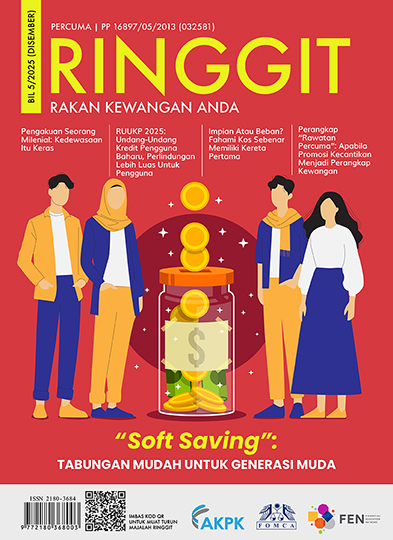 Monday, 06 Jun 2022
Monday, 06 Jun 2022
PETALING JAYA: Despite being irked by the higher prices of food these days, consumers are still throwing out good food.Over 170 complaints on pricey food items have been lodged with the National Consumer Complaints Centre (NCCC) since April.
These grouses include cooked food at eateries, fresh groceries at wet markets and food sold at Ramadan bazaars.
“We received complaints on items such as fish, chicken, cooking oil, vegetables and even labour charges for cutting poultry meat.
“Some grumbled that the price hike for cooking oil was almost 30%.
“Besides that, hawkers have also increased prices of food, with some consumers upset over the smaller portions served compared to the usual,” NCCC senior manager Baskaran Sithamparam told The Star.
With the general hike in food prices, he said consumers were up in arms as they find it hard to cope with the pricier items and shortage of certain products.
Even if the supply stabilises, Baskaran said sellers would unlikely bring down their prices.
“The purchasing power of consumers will be affected, hence they must prioritise their purchases. They need to buy what they need rather than what they want.
“For the time being until the situation gets better with the government’s intervention, they have to curb their expenses,” he advised.
The NCCC, a centre under the Federation of Malaysian Consumers Associations (Fomca), assists consumers in their grouses and issues.
Baskaran said many consumers had withdrawn their Employees Provident Fund contribution due to challenges like the recent floods, job losses and pay cuts.
“Consumers are encouraged to buy house brands that are normally cheaper so that they can stretch their ringgit or get the best value for their money,” he said.
On top of the rising cost of living, people across Malaysia dumped 4,081 tonnes of edible food a day last year.
Fomca Communication and Mobilisation director Saral James Maniam said while many were aware of food wastage, it was still a bad habit among the people.
“The continuous rise in food prices not only affects the low-income bracket (B40) but also the middle-income group (M40).
“And yet, we still find people wasting food – something that needs to be changed.
“When preparing meals, always keep track of the expiry date and store food properly to prolong the freshness,” she advised.
Saral said while more people were feeling the pinch of expensive food, there were others who argue that it was their right to throw food away since they paid for it.
“We need to change this mindset through education and awareness.
“When you waste food, you also waste the effort, water and energy involved in the process of food manufacturing,” she said.
Saral urged consumers to think about portion sizes when preparing or ordering food, plan ahead when shopping to avoid overbuying and learn more about how to store and prepare food to avoid waste.
“Appreciate what you have on your plate. People want things to change but are unwilling to make their own changes.
“Everyone wants to park under the tree but no one wants to plant trees. But change happens when we start to change our own ways.”




